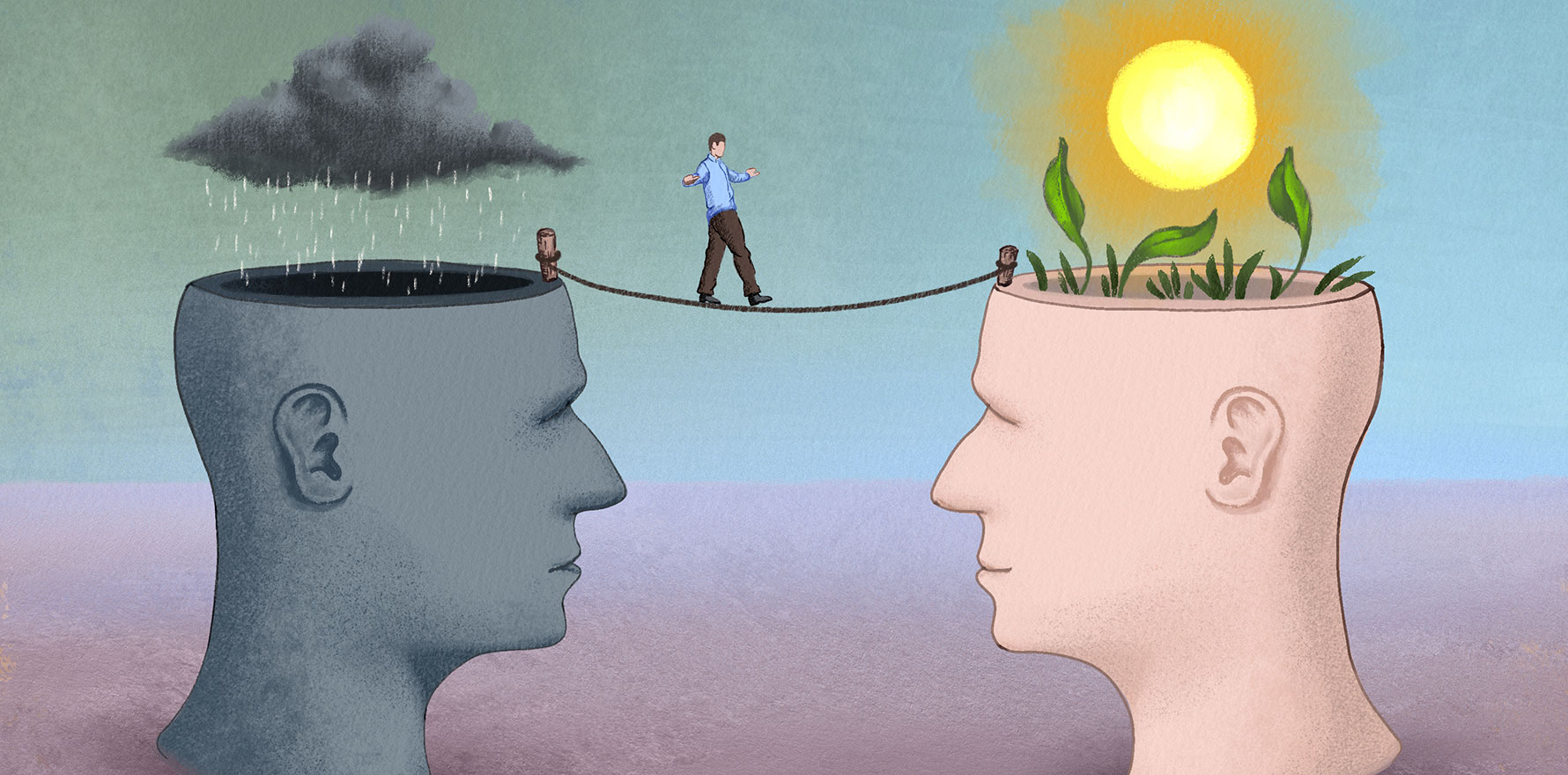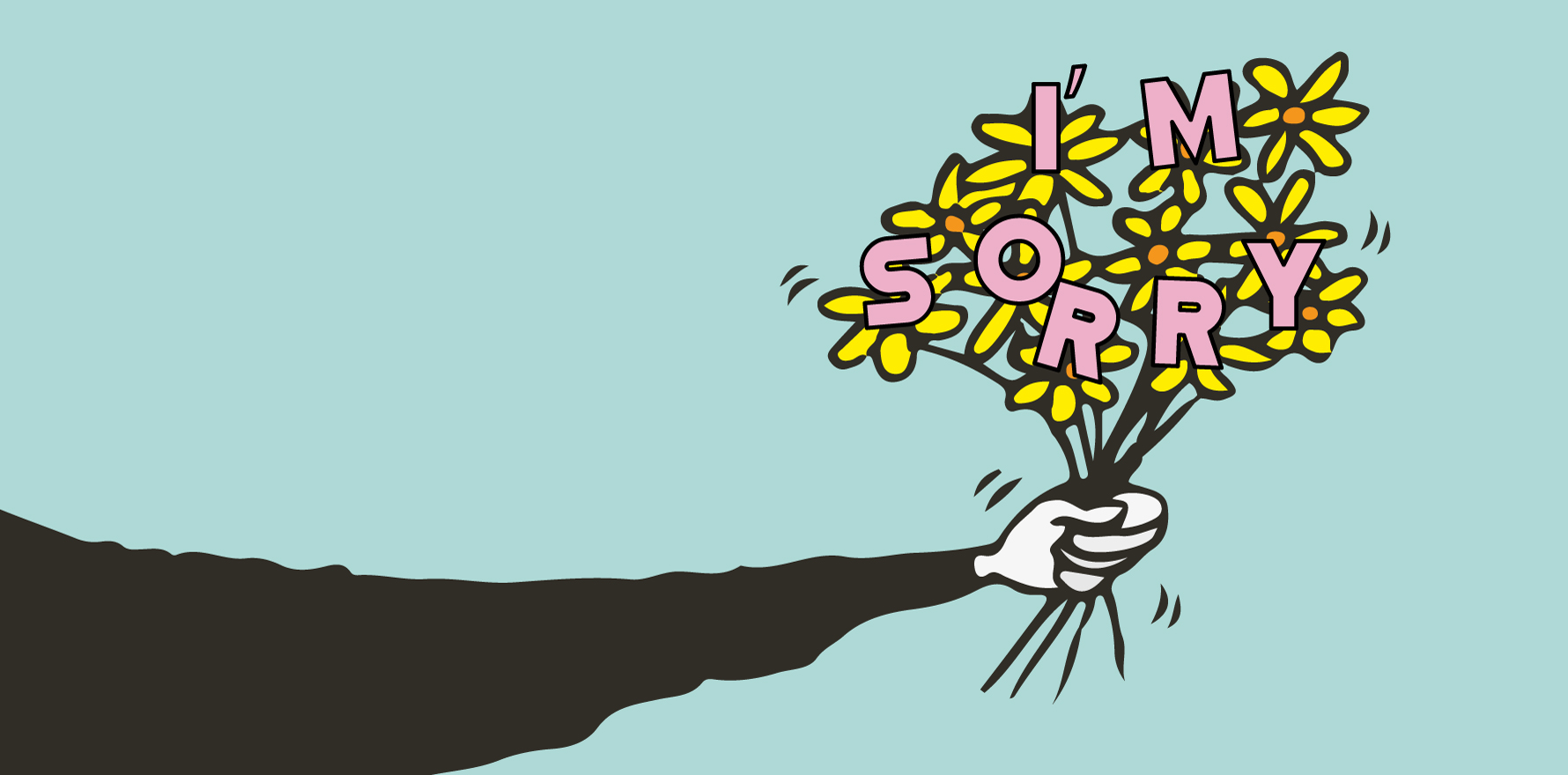Studies so far are small and unconvincing, partly thanks to the difficulty with blinding. Cautious optimism is warranted.
Ketamine is having a hugely contentious moment.
It’s an addictive and potentially quite dangerous drug that was reportedly responsible for Matthew Perry’s overdose death. However, if you listen to podcasters like Andrew Huberman, it’s also a remarkably effective treatment for depression that could substantially change the way that we treat severe mental health issues.
It’s an interesting dichotomy. A drug of addiction that’s also a potentially effective way to treat psychiatric problems.
The problem with this picture is fairly simple – the evidence just doesn’t stack up. It’s true that there’s some potential benefit for ketamine when it comes to depression, but the data is thus far extremely unpersuasive. There’s no strong reason to believe that ketamine can do much for mental health.
The theory
There are numerous theories as to why ketamine might have some benefit for issues like depression and bipolar disorder. Most of these centre on the way that ketamine influences the brain.
The drug is something called an NMDA antagonist, which means that it stops brain receptors that pick up a chemical called N-methyl-d-aspartate (NMDA) from working. This leads to a whole raft of changes in brain chemistry, many of which could potentially be related to things like depression and other mental health problems.
The theories as to why ketamine’s biochemical activity might improve depression are very complex. Probably a bit too complicated to get into without a much longer piece. They involve extensive details about how various neurochemicals interact, how ketamine influences this interactivity, and how the entire intricate dance then changes the human experience of depression. If you’re interested, read the article that I linked above, which gives a very useful summary of how these mechanisms are theorized to work.
The other main explanation for how ketamine might improve depression can be summarised pretty simply: people like getting high. Depending on the dose you take, ketamine can cause everything from a mild pain relief and sedation to out-of-body experiences and hallucinations. Obviously, it’s a bit more complicated than simply getting high, but the theory goes that this series of dissociative experiences combined with something about the brain chemistry might be making people’s depression improve.
These theories all have something in common. They came about to explain a very simple observation: people who take ketamine see dramatic improvements in their depression.
Studies in real people
The thing about theories is that they often don’t stand up to close investigation. We still don’t really understand why depression happens, so any theory trying to explain the experience of depression has to contend with the fact that we don’t have a good handle on what brain chemicals are doing that causes it in the first place.
Which is why we run studies in humans. The first trials of ketamine as a potential treatment for depression go back to the late 90s and early 00s. Since then, scientists have run dozens of studies looking at whether ketamine improves depressive symptoms in people who take it.
A recent Cochrane review – usually considered the gold standard for evidence-based medicine – found 31 randomised clinical trials looking at ketamine. The average impact of the drug was quite impressive. After 24 hours, people who took ketamine scored much better on questionnaires that asked questions relating to depression than people who got placebos. There was a similar effect for a specific form of the ketamine molecule called esketamine.
Unfortunately, there are several big issues with this analysis. The timeframe is extremely short. People who get ketamine appear to say that they have big improvements to their mental health over the course of about 24 hours when compared to a placebo, but that’s not very long. There’s some evidence of reductions with repeated doses of ketamine, but there are very few studies on the topic and none that Cochrane considered sufficiently robust to include in their analysis.
That brings us to a major failing of the data – it’s extremely unconvincing. Many of the studies are poorly controlled projects on tiny groups of people. For example, this paper looking at just 16 older people in a crossover design. There’s just not much you can take home from a study in which 16 people (with two dropouts) took different doses of ketamine and reported how it made them feel. The Cochrane team rated the evidence as very low certainty, which basically means that the studies were not robust enough to draw any useful conclusions from.
This is partly because you can’t really blind ketamine treatment. People who get the drug almost always know that they’re on ketamine, because the hallucinations and sedative effect sort of give it away. Meanwhile, the trials rely entirely on self-ratings as their outcome. So we can say that people who know they’re getting ketamine think that it may have improved their mental health, temporarily, but what that means for demonstrable benefits to depression is anyone’s guess.
There is one properly blinded trial of ketamine, but it’s very contentious. In this study, researchers randomised people with depression who were going under anaesthetic to either get an infusion of ketamine or a saline placebo during their surgery. By the time they woke up, the effects of the drug had worn off, so people had no idea whether they’d gotten ketamine or a placebo. This unique study found that there were no benefits for getting ketamine over salt water on mental health.
Now, of course, this isn’t definitive. While it’s one of the bigger studies of ketamine for depression, it still only included 40 people total. The timeframe is short, and there are weaknesses to the study design. But it is strongly suggestive that at least part of the response recorded in other papers is due to people expecting to see a benefit when they take ketamine, rather than any improvement caused by the drug itself.
Related
Bottom line
It may not sound like it, but personally I’m fairly positive about ketamine and mental health. I think that it’s one of many pharmaceutical options that we’ve under-researched because they are misused in other contexts. Similar to psilocybin, or MDMA.
That being said, the extreme optimism that you see from the bro-science community is totally unfounded. It’s certainly possible that ketamine has large unrealised benefits for depression and similar disorders. Future studies may show remarkable improvements for people who take the drug. But the evidence just isn’t there so far, and what evidence we do have is pretty mixed.
The key point here is that we need more and better research. Aggregating together dozens of studies that have looked at tiny groups of people mostly just tells us that we are collectively wasting our time. The Cochrane review is a fairly depressing read, because not one of the studies could ever have shown a convincing benefit even if done perfectly – they were all just too small.
The single biggest study done so far came out in 2023. It had two phases – one where people received either ketamine or a benzodiazepine medication called midazolam as a treatment for depression in a fixed dose, or one where they could titrate their dose upwards. In the first phase, there was no benefit for ketamine, but in the second there was a big one. This was a big study, with 174 people. It also used an active control rather than a placebo – midazolam has some similarities in effect to ketamine – although the authors did find that there were still big issues with blinding at the end of the trial.
The blinding issue actually somewhat supports the idea that ketamine had no effect, because blinding was better in the first half of the trial. Most people on ketamine didn’t know they were taking it, although quite a few of the midazolam group guessed correctly. This phase saw no effect. When the team moved to the second phase, most people on ketamine knew exactly which drug they were taking, and suddenly there were large benefits seen for ketamine.
I’m hopeful that ketamine might have some benefits for mental health, but I think it’s important to be realistic about these things. Hopefully we’ll see some more big trials in the future that will give us better answers, but until then I would be careful about the claims that ketamine is an amazing treatment for depression and similar issues.
Dr Gideon Meyerowitz-Katz is a Sydney epidemiologist, writer and senior research fellow at University of Wollongong who tweets as Health Nerd. This was originally published on his Substack.





